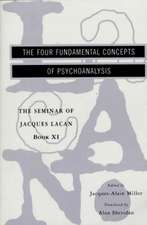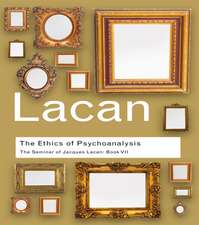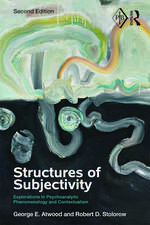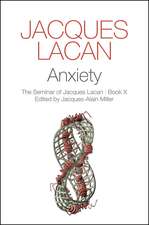Body Matters: A phenomenology of sickness, disease, and illness
Autor James Aho, Kevin A. Ahoen Limba Engleză Paperback – 16 apr 2009
| Toate formatele și edițiile | Preț | Express |
|---|---|---|
| Paperback (1) | 438.84 lei 6-8 săpt. | |
| Rowman & Littlefield – 16 apr 2009 | 438.84 lei 6-8 săpt. | |
| Hardback (1) | 700.06 lei 6-8 săpt. | |
| Rowman & Littlefield – 19 iun 2008 | 700.06 lei 6-8 săpt. |
Preț: 438.84 lei
Nou
83.97€ • 89.80$ • 70.01£
Carte tipărită la comandă
Livrare economică 17 aprilie-01 mai
Specificații
ISBN-10: 0739126997
Pagini: 206
Dimensiuni: 152 x 229 x 12 mm
Greutate: 0.31 kg
Editura: Rowman & Littlefield
Descriere
Following the core principle of phenomenology as a return 'to the things themselves,' Body Matters attends to the phenomena of bodily afflictions and examines them from three different standpoints: from society in general that interprets them as 'sicknesses,' from the medical professions that interpret them as 'diseases,' and from the patients themselves who interpret them as 'illnesses.' By drawing on a crucial distinction in German phenomenology between two senses of the body_the quantifiable, material body (Ksrper) and the lived-body(Leib)_the authors explore the ways in which sickness, disease, and illness are socially and historically experienced and constructed. To make their case, they draw on examples from a multiplicity of disciplines and cultures as well as a number of cases from Euro-American history. The intent is to unsettle taken-for-granted assumptions that readers may have about body troubles. These are assumptions widely held as well by medical and allied health professionals, in addition to many sociologists and philosophers of health and illness. To this end, Body Matters does not simply deconstruct prejudices of mainstream biomedicine; it also constructively envisions more humane and artful forms of therapy.























